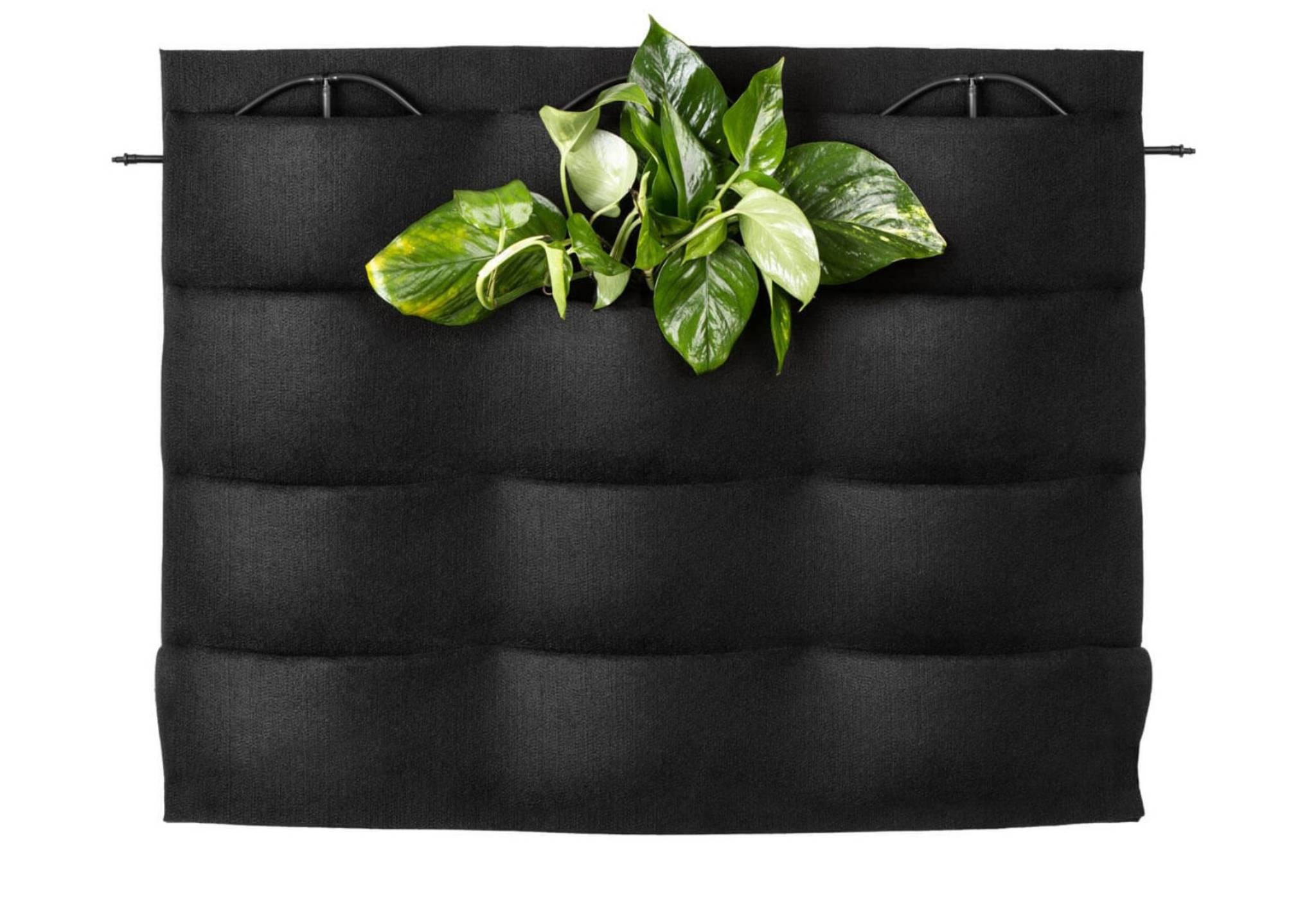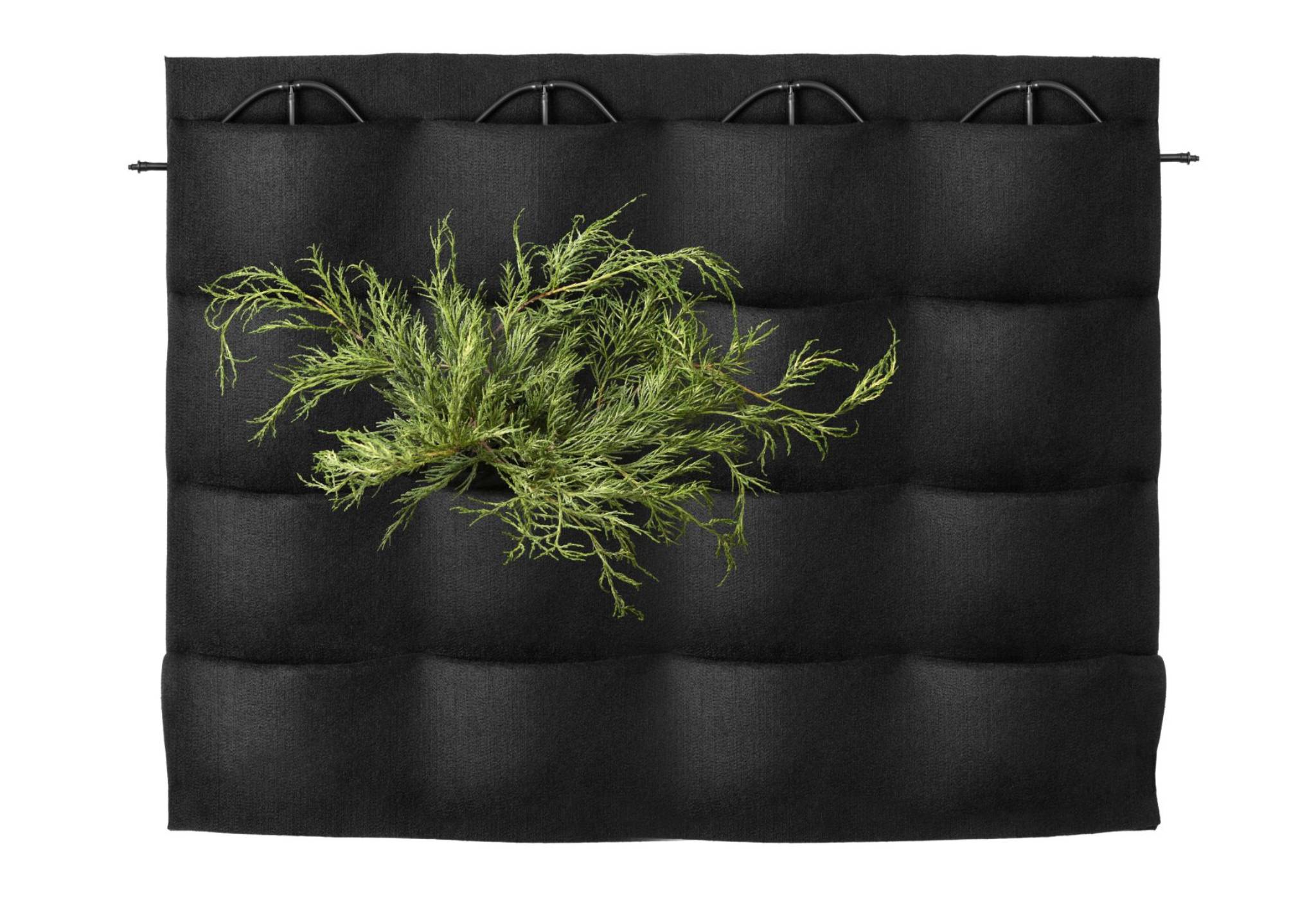What does less waste mean?
What does less waste mean? Less waste refers to reducing the amount of waste generated through conscious consumer decisions, changing habits, and opting for sustainable “green” solutions. Less waste is a concept that you can implement in your life by choosing reusable items, composting organic leftovers, or limiting the use of plastic. Your everyday small habits can have a huge impact on the environment.
The problem of excessive waste production is one of the key challenges facing environmental experts. Despite the increasing awareness among people about the need for waste separation, the amount of waste continues to grow. In Poland, we produce over 13 million tons of municipal waste annually. That’s approximately 355 kg per average Pole. To avoid drowning in a sea of waste in the near future, it’s necessary to use all safe waste disposal methods and, above all, minimize waste production.
Start from your own home and introduce eco-solutions to be less waste.
Green Wall – A Step Towards Less Waste
What environmental benefits does a green wall with live plants bring? Opting for a vertical garden allows you to avoid buying pots made of plastic. A green wall constructed with PlantaUp panels enables plant cultivation without plastic. Such a solution offers many benefits. Plants have the freedom to grow naturally, and their roots aren’t constrained in tight enclosures. The absorbent and soft felt material enables proper ventilation, preventing seedlings from rotting. An ecological, gravity-fed irrigation system helps save water and allows each plant to individually absorb the preferred amount of liquid. The vertical composition can also be used for growing edible plants, such as certain vegetables and herbs. Choose a high-quality, renewable panel suitable for reuse and be less waste.

Less Waste vs. Zero Waste
The less waste movement focuses on reducing waste production. Make conscious consumer decisions and choose high-quality, durable products that will last for years. To make a home green wall less waste, focus on careful plant selection, limiting plastic components, choosing alternative materials, and practicing both composting and recycling to reduce waste production.
The zero-waste movement aims to completely eliminate waste. It prevents excessive waste production and reuses raw materials from the production stage. This approach minimizes the amount of waste sent to landfills. A green wall with live plants can help introduce the zero-waste movement into your home.
During plant pruning in service, fragments of some plants can easily be propagated. Simply place leaves or stems, depending on the species, in water or suitable substrate, and they will quickly develop roots. Additionally, in plant cultivation, it’s beneficial to use compost and natural fertilizers.
Ecology in Practice: What Do We Do to Ensure Our Products Are Less Waste?
Over the years of our company’s existence, we have developed practices in line with the less waste trend to reduce our environmental impact. We compost all plant residues, creating a natural ecological fertilizer for our own use. Instead of harmful plastic, we use absorbent recycled materials to produce PlantaUp panels. A significant portion of assembly components, such as plant wraps and the panels themselves, are reused. We’ve optimized our production process to minimize waste generation at every stage. We’re keen to share knowledge and promote recycling, encouraging the practice of less waste principles.
A green wall with live plants is equipped with a water-saving system. Automatic vertical garden irrigation in a gravitational mode minimizes water and electricity waste. The liquid flows from the dropper down through all rows of pockets with plants, allowing each seedling to take the required amount. Excess water flows into the gutter and further into the drainage system. In cases where the green wall is equipped with a tank, the accumulated water can be reused for subsequent watering.
We encourage responsible resource management and the responsible use of available less waste solutions. All this is to ensure that a green wall with live plants not only serves a decorative function but also contributes to raising ecological awareness.

Vertical Revolution: How Will Flowers on Walls Change the World?
A vertical garden, also known as a green wall with live plants or simply a vertical composition, is a modern solution that allows for the utilization of vertical interior or building facade surfaces.
The green wall is a revolutionary technology that changes the perception of plants in urban, office, or private spaces. The increasing use of plants not only changes the aesthetics of the environment but, above all, helps create a more sustainable future for the planet.
The green wall reduces the greenhouse effect and carbon footprint, positively impacting people’s health. It not only improves the well-being of those in its vicinity but can also be a response to global ecological challenges.
Social education and support for local environmental initiatives are essential for utilizing the full potential that a green wall with live plants offers.

